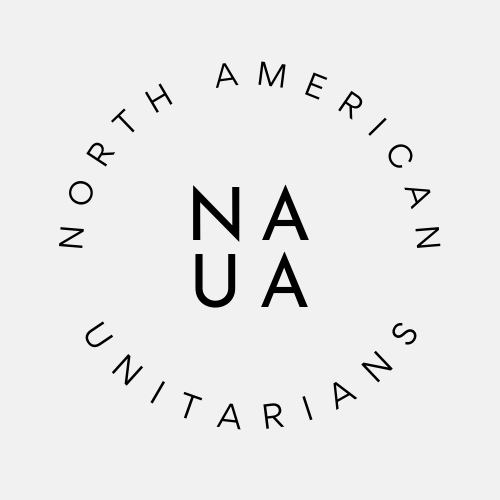Several have been curious about my experience at the Unitarian Universalist Association’s annual General Assembly in New Orleans a few weeks ago. I’ve not said much about it because I’m not quite sure what to say.
I remain concerned about what I consider the error of Political Correctness that many now seem to consider synonymous with the meaning of Universalism. I’m troubled by policies prohibiting attendees from singing songs with words like “step” or “land” in them, because they might offend those who are disabled or of indigenous heritage; by a delegate decision to abandon our “standing on the side of love” campaign because its wording excludes those who can’t physically stand; and by a Trustee who got up before the Assembly and apologized for having earlier used the word “blind” to describe her surprise. I’m bothered that any conversation in response to internal accusations our denomination is institutionally racist and upholds systems of white supremacy, stemming from a recent hiring decision, was entirely one-sided. I’m troubled there was a space reserved in the convention hall called a “healing room,” in which whites weren’t allowed. And I’m mostly troubled that amidst all of this, the gathering did little to nothing in response to the political crisis of our age, even though it was our first meeting since the November election.
I could continue with other negative experiences, but my point is not to provide a litany of my concerns, only to be honest about what I encountered. My hope for our faith, however, remains strong for two reasons; Firstly, we have been here before, during the Transcendentalist Controversy at the turn of the 20th century, during which we struggled to abandon Christian specific language, and just a few decades later during the Humanist Debate, at which time we argued about ridding ourselves of theological language altogether. Unitarian Universalists, by nature, continually question our own paradigms, as we should. Secondly, the motivation to say the right thing, to say things in ways that aren’t hurtful or unintentionally ostracize others, comes from our goodhearted ambition to do the right thing, and to include all who have been marginalized.
Some of us may differ about what that means, but knowing we are a kindhearted, compassionate, inclusive people gives me hope we will eventually emerge stronger in response to this historic moment in our faith.
— Rev. Dr. Todd F. Eklof, UUCS Minister
Google Map

